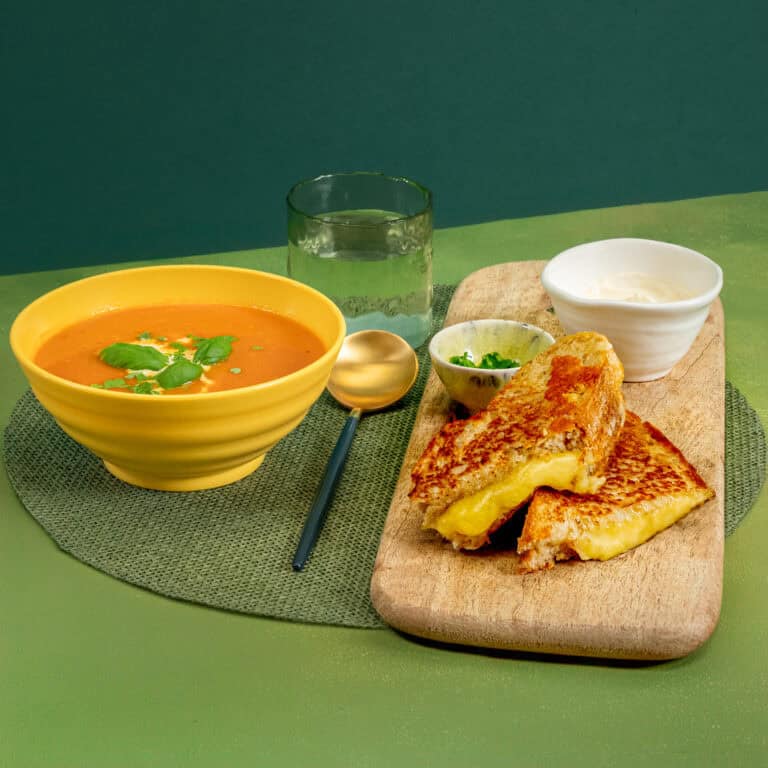
Irish Cheddar Cheese Toastie with Homemade Tomato Soup
There’s no better comfort food than an ooey-gooey cheesy toastie. Whether you’re whipping up a quick lunch or late night snack, you can rely on

There’s no better comfort food than an ooey-gooey cheesy toastie. Whether you’re whipping up a quick lunch or late night snack, you can rely on
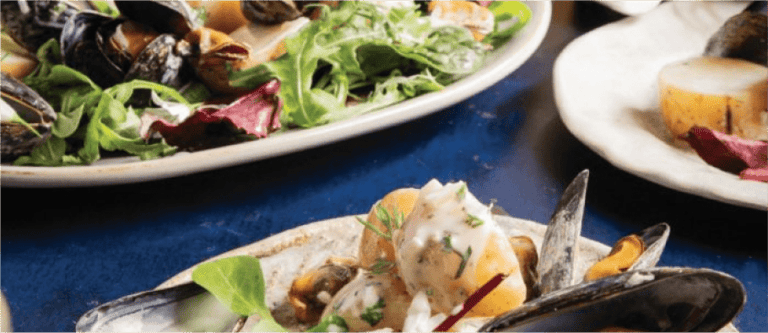
Lorem ipsum dolor sit amet, consectetur adipiscing elit. Cras porta lorem cras justo, sed justo, ut eu. Arcu.
Check out OUR Latest FAVOURITE Recipe
This large concept garden pays homage to the Irish climate. It honours the crucial role our climate plays in the quality and sustainability of our farming businesses, while recognising farmers’ responsibility to protect our natural resources and combat climate change.
The garden’s centrepiece – a large installation built from transparent, reflective boxes – is a sculptural ode to clouds and a metaphor for modern farming. Ireland is now a leader in dairy production technology as farmers turn to cloud-based platforms to help lower the carbon hoofprint of the dairy they produce. Low walls and streams reflect the Irish landscape, while trees, hedgegrows and grasslands illustrate how native planting can help absorb CO2 emissions and increase biodiversity. Clover is an important component in grass pastures as it naturally reintroduces nitrogen into soil.
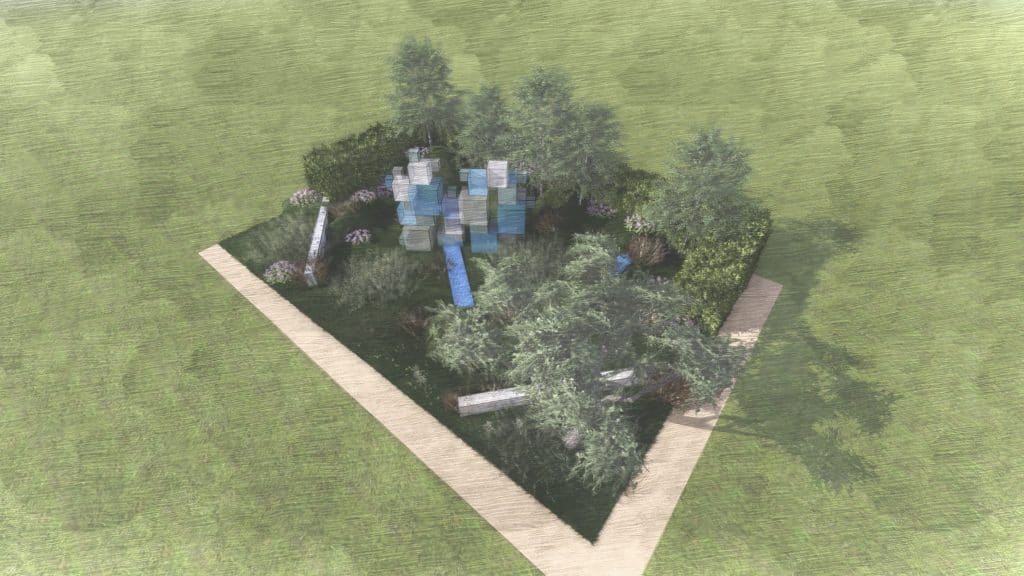
To vote for this garden text GARDEN10 to 51500 (std rate SMS). Voting takes place from 9:00 on Thursday, 1st June to 13:00 on Monday, 5th June, 2023.
Votes after this time will not be counted but SMS rates still apply. Please follow the voting instructions exactly or your vote may not come through. ONE vote per person per garden only. SMS Provider: Púca. Votes open to ROI & NI residents only.
All of the garden’s materials are made from recycled polygood panels which were produced in Ukraine for The Good Plastic Company.
Founded in 2018, The Good Plastic Company is an international manufacturer of Polygood surface material made from 100% recycled plastic that helps brands to make a visible commitment to sustainability.
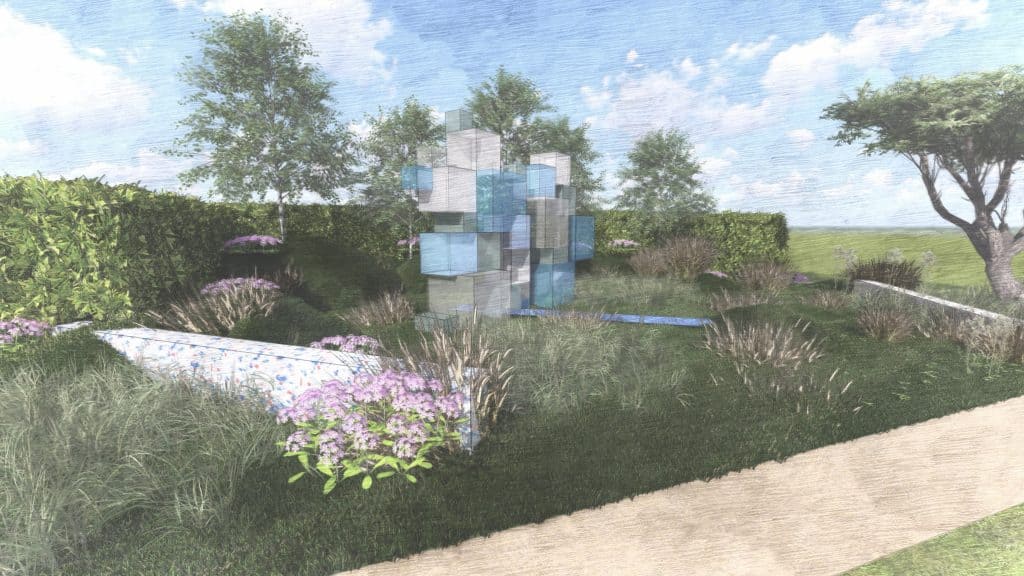
Planting native trees and hedgerows such as whitethorn, holly, blackthorn, and gorse to increase wildlife value and natural habits. These also provide natural cover for wild birds. The native planting scheme in this garden features Alder, Common Birch, Witch Elm, Wild Cherry trees, Field Maple hedgerows and wildflowers such as Red Field Campion, Cow Parsley, Great Mullein, Maidenhair Spleenwort (Fern), Intermediate Polypody (Fern), Marsh Marigold, Ox-Eye Daisy, Pennywort, Yellow Flag Iris, Cowslip and Foxgloves.
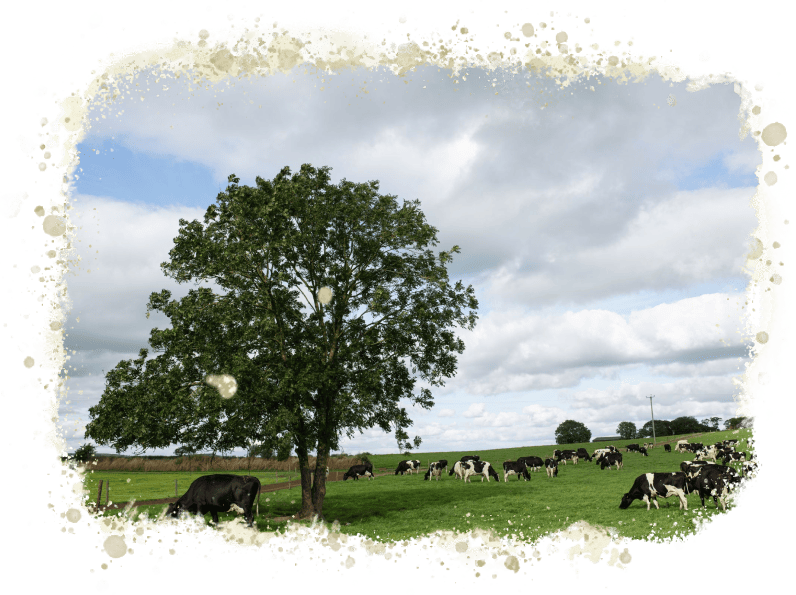
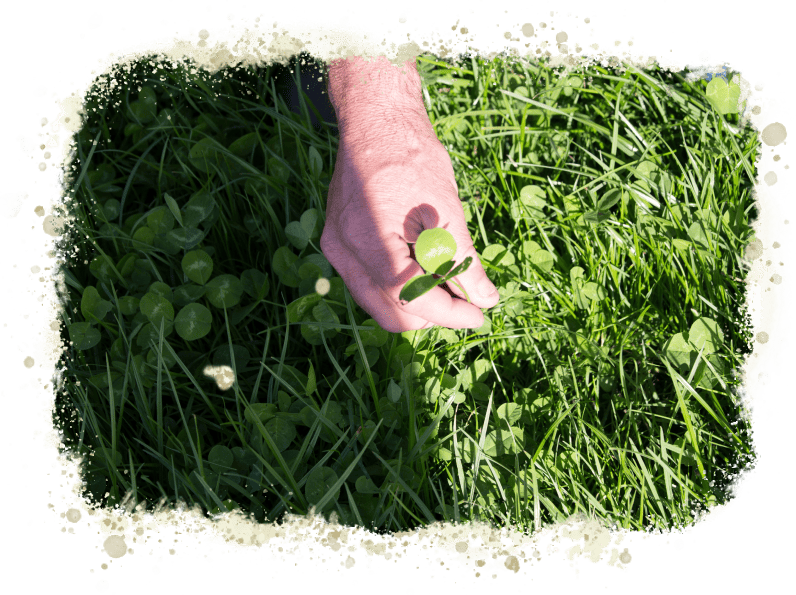
Soil Fertility in Ireland is good because the grasslands are not farmed intensively and its soil retains more natural minerals and does not denude like that in other countries. A focus on increasing the natural fertility of the farm’s soil can help to reduce the need for external fertilisers.
Increasing the use of white clover naturally attracts and retains nitrogen from the atmosphere, making it available for plant growth. Incorporating white clover into the grass mix naturally leads to greater availability of biologically generated nitrogen. It is estimated that a well-established white clover pasture will deliver a 10% reduction in carbon footprint – 3% due to increased milk yield and 7% due to reduction in chemical nitrogen fertilisation.
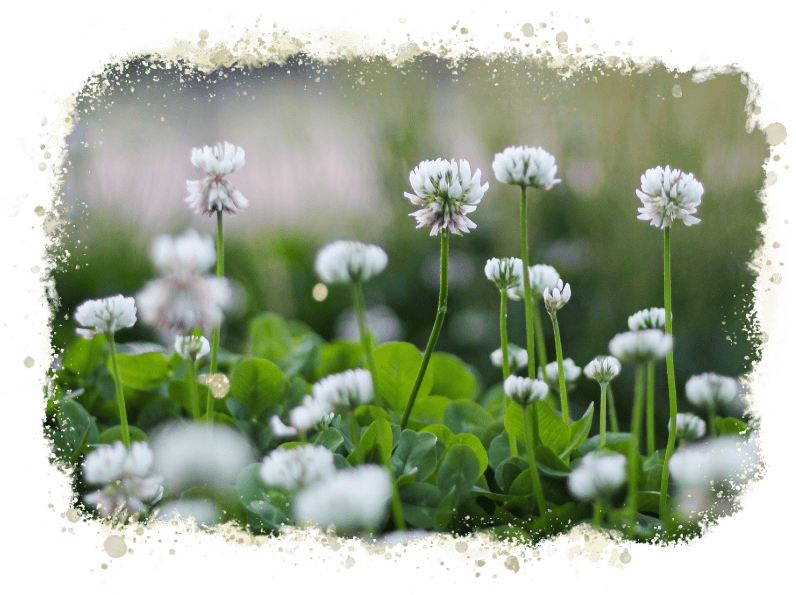
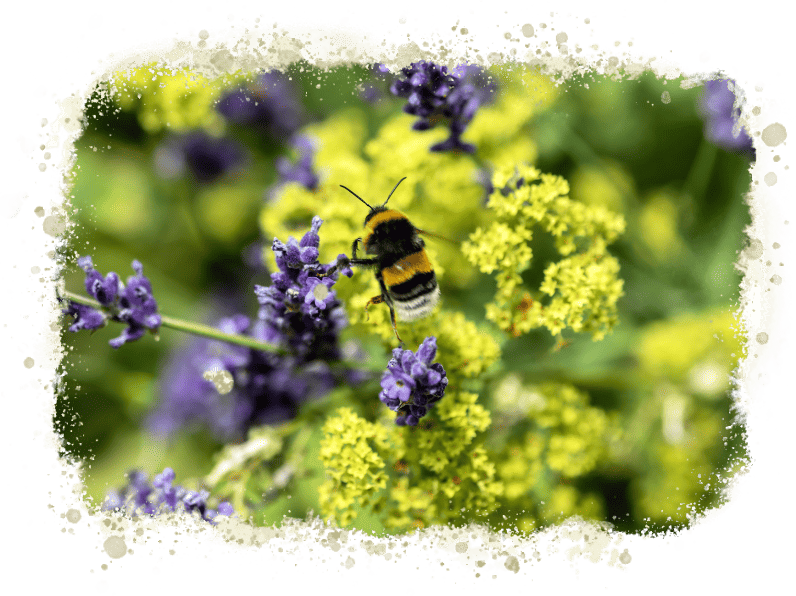
Biodiversity. Ireland is proud of its natural, grass-based farming systems. Grassland accounts for 90% of the agricultural land area (DAFM, 2019), which forms a solid basis for supporting wildlife. Grass itself protects the soil and can make a significant contribution to maintaining biodiversity and the healthy environment necessary to support it. Farmers’ actions throughout their farmland play a key role in maintaining and developing habitats and wildlife, whilst also reducing greenhouse gas emissions.
Grass measuring is another key tool for the modern dairy farmer, allowing them to understand on a weekly basis what the nutrient profile of their grass is, so that they can provide the necessary additional supports and match the animal stocking rates to the field, thus avoid overgrazing.
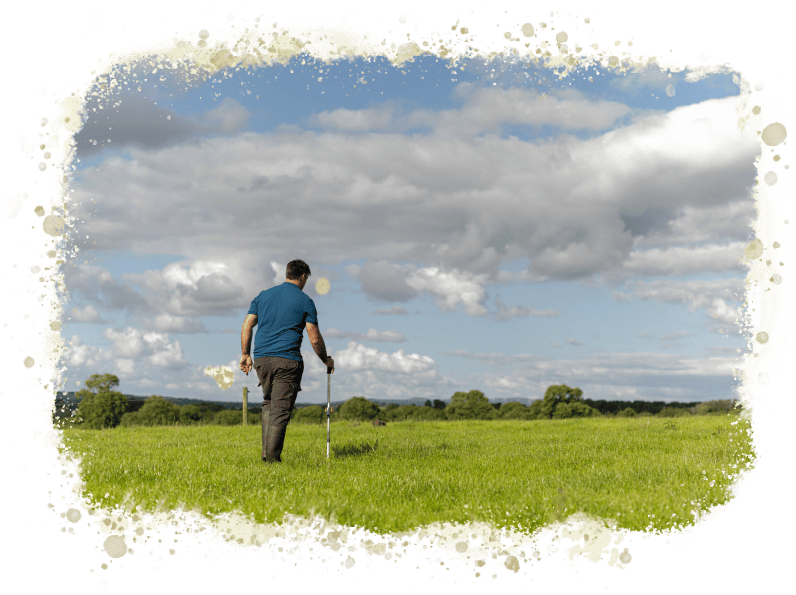
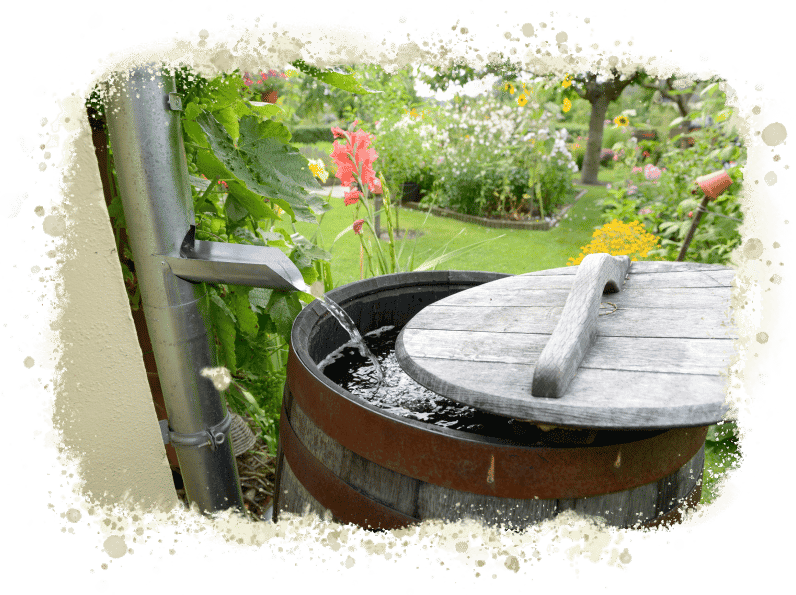
99% of total water consumption on dairy farms in Ireland comes from natural rainfall. Research carried out by Cranfield University on behalf of Bord Bia for its Origin Green programme shows that Ireland’s H2o usage per unit of output is reduced because of relatively high grass yields, which in turn reduce the level of concentrate feeds used in Ireland. In Ireland, we see average annual rainfall of over 1,000mm.